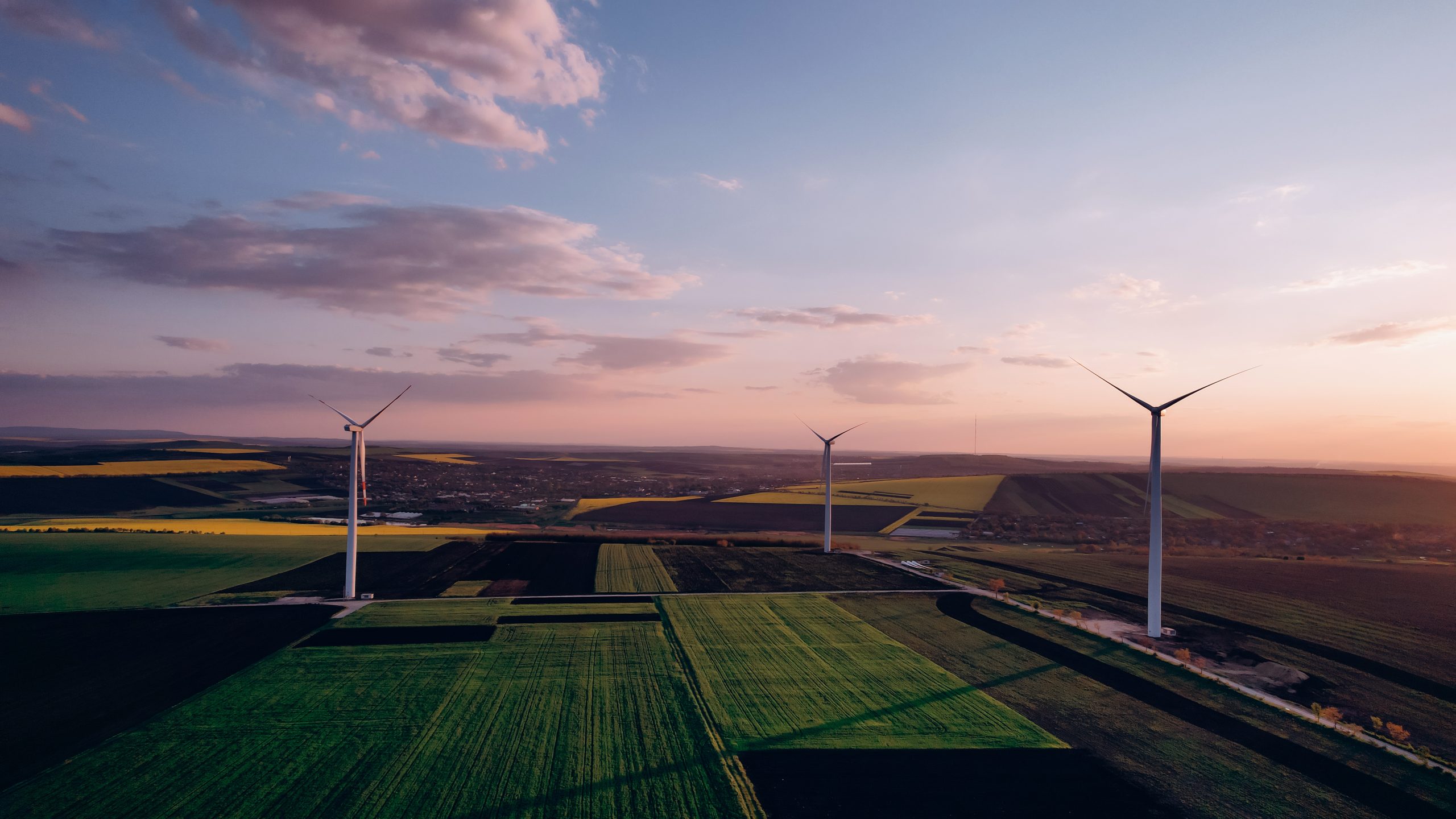UK Hydrogen Latest: Encouraging New Innovations and Initiatives

The UK is known to be a force within the hydrogen industry. The country has made many advancements in decarbonising specific sectors such as glass, maritime, steel etc. In addition to this, ‘Hydrogen Hubs’ are dotted around Scotland, Wales, England, and even some parts of Northern Ireland.
It is no surprise then that there have been some breakthrough innovations and initiatives within the country as of recent.
The UK continues to strengthen its position as a global hydrogen leader with such projects as an entire festival powered by hydrogen, as well as a decarbonisation project in the marine sector.
Festival powered by hydrogen
This year, British company ‘GeoPura’ partnered with Latitude Festival 2024, to introduce an solution to power the event more sustainably. GeoPura’s Hydrogen Power Units (HPUs) replaced HVO biofuel generators, providing zero-emission electricity to part of the festival’s village area including medical/welfare, merchandise stand, VIP camping, and the festival’s recycling and waste sorting hub.
GeoPura’s HPUs utilise green hydrogen to produce clean electricity, eliminating the carbon emissions associated with power generation. This not only reduces the festival’s carbon footprint but also eliminates both air and noise pollution. GeoPura comments “this will help in creating a healthier and more pleasant experience for festival-goers and the local community”
Andrew Cunningham, CEO of GeoPura, added,
“We’re incredibly excited to partner with Latitude Festival this year. Our HPUs make it possible to power large events sustainably without compromising on performance or experience. In fact, by introducing reliable, zero-emission power, organisers are not only lowering the carbon footprint of the event, but also enhancing the overall experience for all involved with cleaner air and quieter operations.
By exploring alternative power options such as hydrogen, ammonia and solar power, Latitude Festival is building on previous work and taking crucial steps towards Live Nation’s global goal of a 50% reduction in emissions by 2030. This demonstrates that sustainable practices can power large-scale events while protecting the environment.
Melvin Benn, Managing Director of Festival Republic, commented
“Powering an event like Latitude Festival sustainably is a big focus for us and requires reliable, renewable energy sources. Our partnership with GeoPura and the integration of their Hydrogen Power Units is a fantastic step forward by exploring alternative power solutions.
By trialling hydrogen power at this year’s festival, we are not only reducing our carbon footprint but also protecting the local environment and paving the way for more sustainable events in the future. As set out in our Green Nation Sustainability Charter we have a responsibility to preserve the live music experience for generations to come and the opportunity to use our platform to inspire global environmental action.”
This initiative is part of a broader sustainability plan encompassing several green initiatives: full waste and recycling sorting onsite ensuring no festival waste ends up in landfill, promoting low-carbon travel through ticketing partnerships and incentives, implementing a deposit return scheme for cups, cans and bottles, running a campsite recycling rewards scheme, and displaying the carbon footprint of food sold on the festival app
Hydrogen as an alternative marine fuel
Scottish company, ‘Green Marine’ are pioneering a maritime initiative aiming to refurbish CTVs (Crew Transfer Vessels) with new hydrogen fuel cells and batteries. This will help to cut emissions while servicing offshore wind farms. The project has been granted Approval in Principle (AiP) by the global classification society RINA.
Phase 1 of the initiative, named ‘Project Verdant’, involving a preliminary design and feasibility study, has now been completed and deemed viable, opening the door to subsequent project phases seeking to execute design, engineering and sea trials.
Project Verdant’s conceptual design incorporates hydrogen fuel cells connected to electric motors, working in conjunction with existing diesel-fuelled engines, which can be shut down to enable zero emission operation at slow speed while servicing offshore wind farms.
Findings show the hybrid system could reduce the vessel’s CO2 emissions by up to 30% and NOx emissions by up to 40% – with CTVs commonly operating in loiter mode for long periods at a time.
Waves Group Engineering Director Jeremy Panes noted,
“The system is designed to enhance vessel redundancy and flexibility by utilising locations where hydrogen is, or will be, readily available. This approach creates a test bed to advance maritime decarbonisation in a challenging sector without significantly impacting the vessel’s operational profile. This initiative demonstrates that a new standard for environmental responsibility in offshore services is achievable from both a technical and commercial perspective.”
Marine Systems Managing Director Ben Pym concluded,
“This project marks a step change in the industries decarbonisation journey and is necessary if the sector is going to deliver on net zero targets. The output of this project demonstrates the readiness of hydrogen fuel cell technology for use in CTVs and there is significant opportunity for the industry to take lessons learnt from the design work completed here.”
Byline by Sonny Riddell

